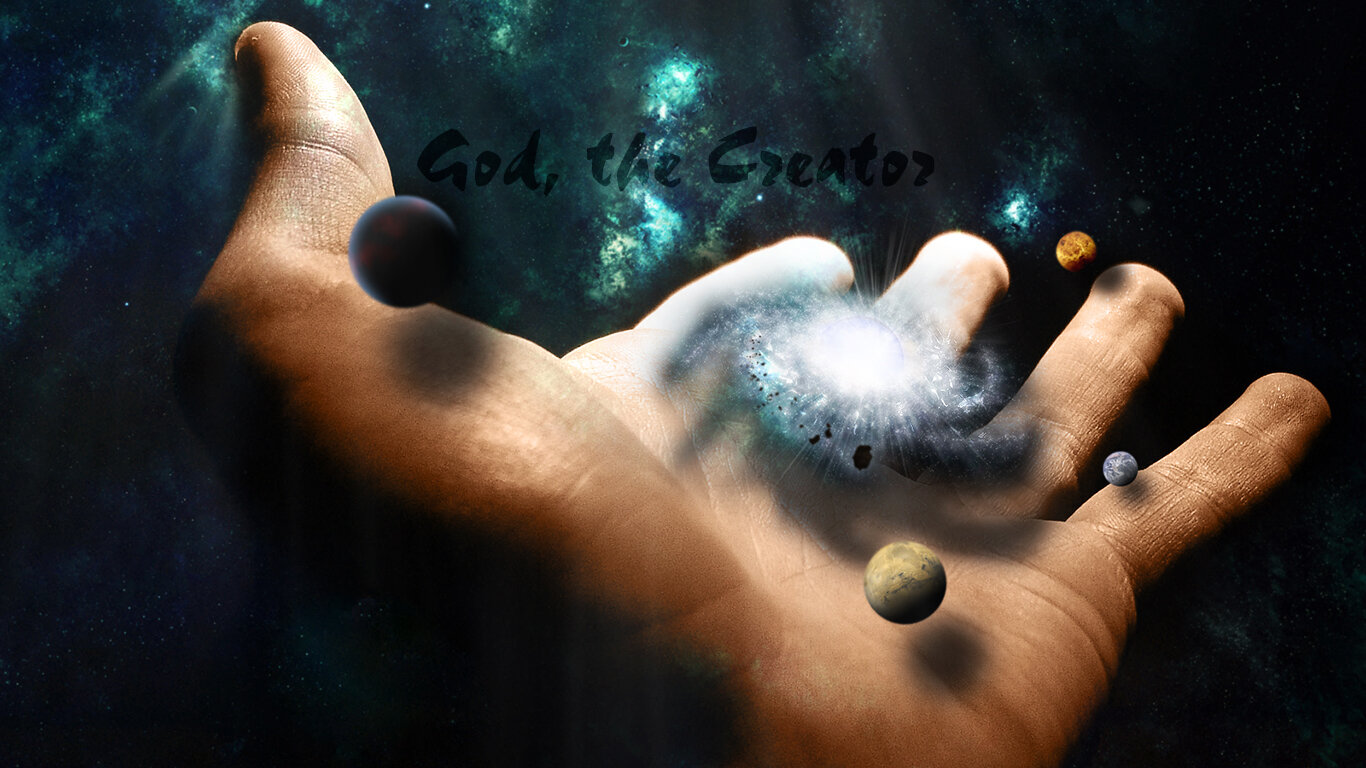One day Barth, Bonhoeffer, Brunner, Bultmann and Tillich, great theologians all, met the Lord.
The Lord asked, “Who did men say that I am?”
“Some say you’re Elijah, or Jeremiah, or John the Baptist raised from the dead,” the learned scholars replied.
“But who do you men say that I am?” the Lord asked.
Barth, Bonhoeffer, Brunner, Bultmann and Tillich replied, “Thou art the Ground of all Being, the Leap of Faith into the impenetrable unknown, the Unmoved Mover, the unphrasable, unverbalized, unpropositional confrontation with the infinitude of inherent, subjective experience.”
And the Lord looked at Barth, Bonhoeffer, Brunner, Bultmann and Tillich and said, “Huh?”
It’s true that reading great theologians can be ponderous as they explain the mystery of God! But the Apostle John gave two briefer rationales, the first in the gospel bearing his name: “The Word was made flesh and dwelt among us” (John 1:14). “Logos” is the Greek designation for “word,” and the root of our English word “logic.” Greek philosophy taught that logos was the eternal spirit of the creator. In verse one the writer insisted the Word was with God in the beginning as agent of creation. So John is taking a thought from Greek culture of the first century and using it to explain the mystery of Christ: God revealed himself in Jesus.
Who can understand this mystery? Some early heretics asserted Jesus couldn’t be God since a holy God couldn’t live in sinful flesh. But the Council of Chalcedon in 451 A.D. concluded: “He is both fully God and fully man.” In other words, they couldn’t explain it, nor can we, but they proclaimed it to be true.
Thus God, our creator, gave us breath and gave us redemption in Christ.
But John also taught another simple, yet profound truth: “God is love” (1 John 4:8). He used another Greek word, “agape”—a word Christians know since we use it in the church. Agape is the highest kind of love. It’s a sacrificial love for others without thought for oneself. The Christian gospel insists the coming of Jesus and especially his death for sinners is the highest and greatest example of love, and a love that we must “set loose” in our daily lives (1 Corinthians 13).
I heard a pastor in his sermon one day say that he didn’t understand electricity, but “I don’t sit in the dark, and neither do you.” True enough. There are many mysteries in our daily lives that we accept because they work for us. We don’t have to understand to experience.
The Bible says our loving creator took initiative and offers opportunity to begin again. We don’t understand it all, but we know it works.

